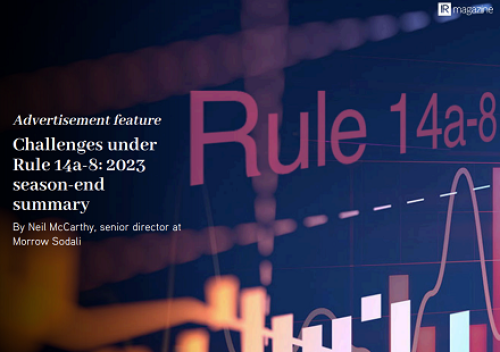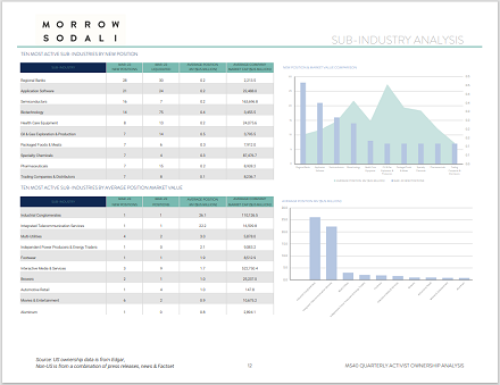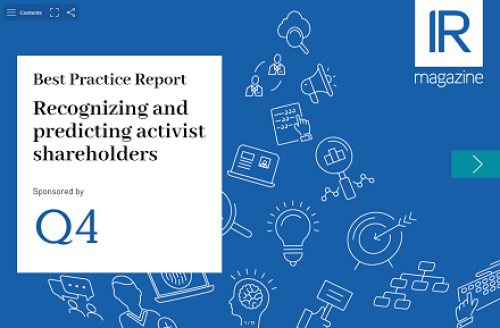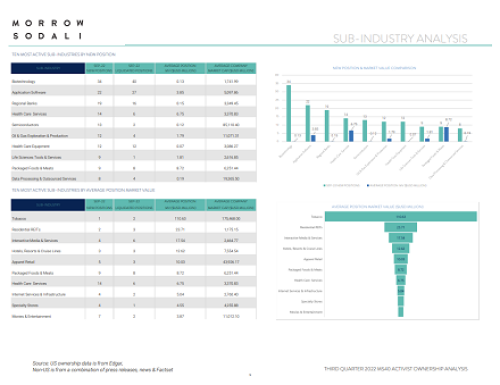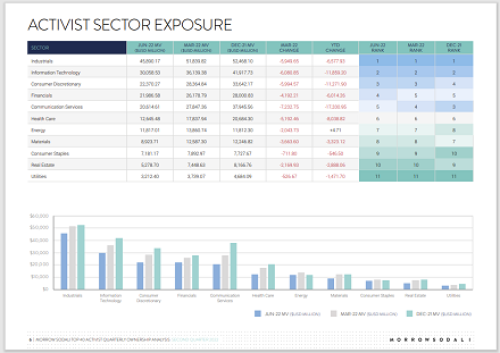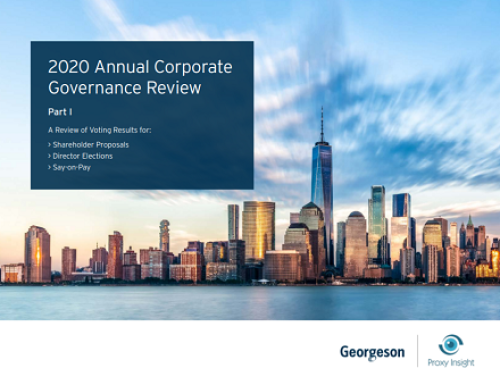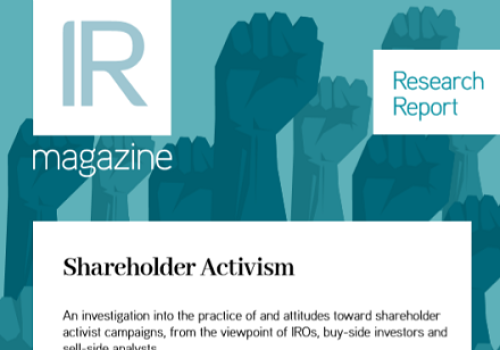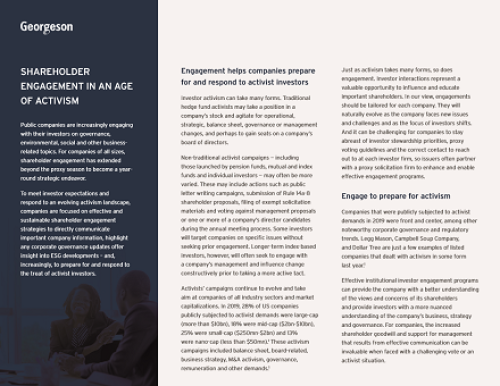In a letter to CEOs, BlackRock’s Larry Fink opines that a ‘central reason for the rise of activism – and wasteful proxy fights – is that companies have not been explicit enough about their long-term strategies.’ Now comes the strongest evidence yet that having a dedicated IR function is a potent defense against contemporary activist tactics.
According to a new study that samples a broad set of US firms from 2001 to 2016, the appointment of an IRO is associated with a 20 percent-40 percent lower likelihood of a tender offer, and a 10 percent-20 percent lower likelihood of a 13D indicating an attempt to influence management. Researchers believe the deterrent effect, which gets stronger with IRO tenure, grows from the cultivation of investor trust in management and the board as well as the development of a shareholder base more closely aligned with corporate strategy.
‘Having a dedicated IR function may be a signal to activists that a firm is taking engagement seriously,’ says study co-author Jed Neilson, assistant professor of accounting at Pennsylvania State University. ‘At the same time, long-term investors that can see the world through management’s eyes can be great allies in an activist situation when investors must decide who to trust: current management based on personal interactions, or activists based on their reputation or turnaround plans.’
Indeed, the investigators also find that when companies do experience an activist campaign, those with a committed IR effort experience less costly and contentious campaigns – including a lower likelihood of CEO turnover.
Present first
The first firm to bring a product or service to market is usually rewarded with ‘the first-mover advantage’, giving it a considerable edge over subsequent competitors. Now comes news that the effect extends to the realm of proxy contest communications.
A new study sampling 135 voted, non-control proxy contests from 2007 to 2015 shows that activists that got an investor presentation in front of investors before the incumbent board did boosted their chances of winning the contest by 60 percent.
Study author Dr Ellen Yazhou He, presidential fellow at the University of Manchester, tells IR Magazine that a major factor behind the first-mover advantage is investors’ limited attention span. ‘The first presentation just gets more attention and investors are likely to anchor to it,’ says He in an email. ‘The advantage is especially pronounced for companies with big retail investor bases.’
She believes the investor presentation’s powerful communications effect emerges from its vivid simplicity. Her research shows the average internet traffic during the contesting period of an investor presentation filing is 28 percent more than for a proxy statement and 66 percent more than for other proxy materials.
But the hits don’t come cheap: in proxy contests featuring presentations, He finds an average dissident spends $1 mn, while management spends $2.2 mn. In contests without presentations, an average dissident spends $800,000, with management spending $1.9 mn.
Research roundup
- Evidence suggests CEOs express anger in about 4 percent of televised media interviews. They should lighten up. Researchers at Texas A&M University say the market reacts negatively to televised CEO anger, with cumulative abnormal returns being, on average, 1.8 percent lower. CEOs who keep their cool on the tube can expect an average market bump of about 1 percent.
- The more hard numbers investors hear in a quarterly earnings conference call, the better the stock returns around the call will be. This effect is especially strong when firms issue a negative earnings surprise, according to a University of British Columbia study.
- Textual analysis of more than 1,000 pre-Covid virtual annual general meeting transcripts shows the tone of shareholder questions is more negative than in previous in-person meetings. University of Miami researchers speculate that the tougher questions may be due to the impersonal nature of online communications.
- Researchers at the University of Tehran find corporate managers with large signatures are more likely to lie to shareholders.
This article was originally published in the Fall 2021 issue of IR Magazine. Click here to access the magazine.

